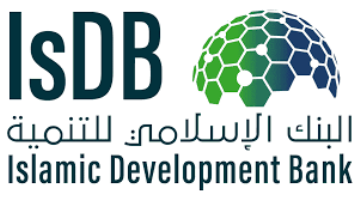The Islamic Development Bank (IsDB) has joined forces with the World Health Organization (WHO) and other Multilateral Development Banks (MDBs) to advance health impact investment, with a landmark US$10 million grant aimed at strengthening primary health care and health systems resilience. The grant was officially announced at the COP29 Climate Change Conference held in Baku on November 12, 2024.
This contribution is part of a larger global effort to build climate- and crisis-resilient health systems, especially in low- and middle-income countries (LMICs) and underserved communities. Through the newly launched Health Impact Investment Platform (HIIP), IsDB, WHO, and their MDB partners will work together to foster robust, resilient healthcare that can withstand the rising challenges of climate change and health emergencies.
The HIIP initiative represents an innovative approach, combining investment expertise from MDBs with WHO’s deep health knowledge and country-level presence. The platform will focus on assessing health system investment needs and designing impactful health projects, which will then attract additional co-investment from MDBs to maximize impact and drive long-term resilience.
“The Islamic Development Bank is proud to support the Health Impact Investment Platform as part of our commitment to universal health coverage and resilience,” said IsDB President Dr. Muhammad Al Jasser. “These partnerships allow us to scale up primary health care where it is needed most, creating a foundation to withstand future crises and address the pressing health challenges of today. Together, we are working towards a healthier, more equitable future for communities worldwide.”
This collaboration is aligned with WHO’s key priorities over the next four years, including the goal to make 10,000 health facilities fully functional with solar electrification and climate resilience as part of its Fourteenth General Programme of Work. Dr. Tedros Adhanom Ghebreyesus, WHO Director-General, emphasized the importance of sustainable financing to achieve these goals, stating, “Low- and middle-income countries need access to sustainable financing to strengthen their health systems through primary health care, making them more resilient to pandemics and more equitable in delivering essential health services.”
In addition to the grant, IsDB’s involvement in HIIP is expected to catalyze at least US$500 million in regional health investments, all part of a broader effort to mobilize a total of US$1.5 billion in concessional loans and grants for health-focused initiatives in LMICs. These investments aim to improve health outcomes and quality of life for millions, addressing critical health needs and supporting nations in achieving their health priorities.
This partnership between IsDB, WHO, and MDBs signals a powerful step toward sustainable healthcare systems, offering countries the support needed to build resilience against future crises and ensure that all communities, particularly the most vulnerable, have access to essential health services.


